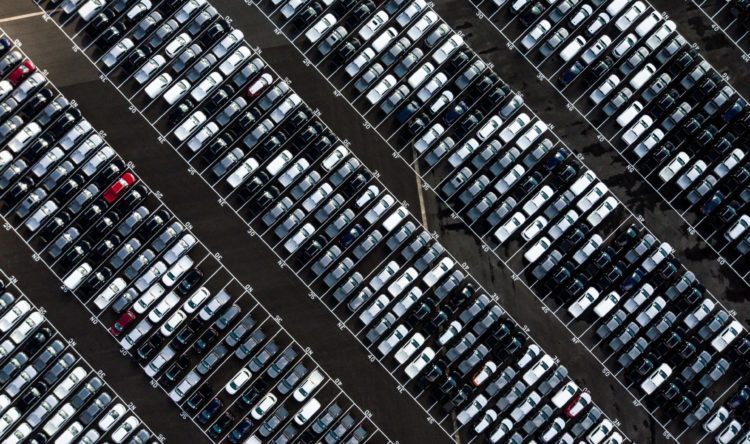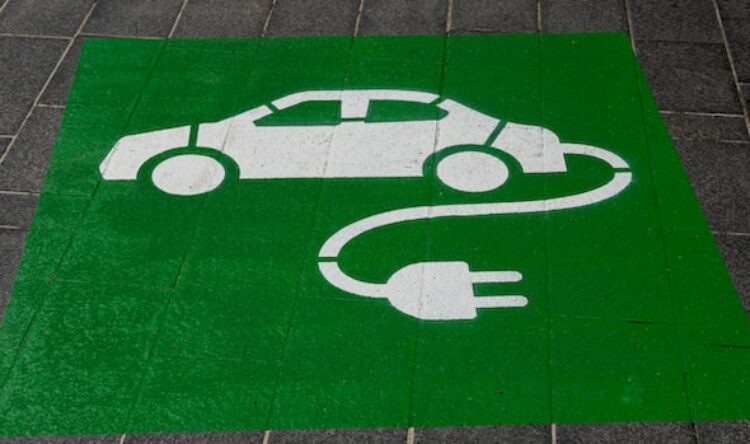Plugging the future
New gigafactory is a great start, but more are needed
The UK is to get its first giga battery factory and, in so doing, taking the first step to save the British motor manufacturing industry.
Tata, the owner of Jaguar Land Rover (JLR), has confirmed it will build a £4 billion electric vehicle (EV) battery factory in the UK.
Being built in Somerset, the new gigafactory will be one of the biggest in Europe. It will have the capacity to produce 40GWh of cells annually.
While it will make batteries for JLR, it expects to supply other manufacturers too, with production starting in 2026.
The positive
Prime Minister Rishi Sunak was expectedly upbeat about the announcement, despite it requiring a £500 bn investment incentive from the taxpayer.
“Tata Group’s decision to build their new gigafactory here in the UK – their first outside of India – is a huge vote of confidence in Britain. This will be one of the largest ever investments in the UK automotive sector,” stated the Prime Minister.
The plant is Tata’s first outside India and is expected to create 4,000 UK jobs and thousands more in the wider supply chain.
Natarajan Chandrasekaran, chairman of Tata Sons, said: “Our multi-billion-pound investment will bring state-of-the-art technology to the country, helping to power the automotive sector’s transition to electric mobility, anchored by our own business, JLR.
“With this strategic investment, the Tata Group further strengthens its commitment to the UK, alongside our many companies operating here across technology, consumer, hospitality, steel, chemicals, and automotive.
As well as owning JLR, Tata has extensive steel interests in the UK including the Port Talbot plant in South Wales.
The negative
The UK currently only has one plant in operation next to and supplying Nissan’s Sunderland factory.
Another proposed battery manufacturer, in the north-east of England, Britishvolt, went into administration earlier this year.
By contrast the EU has 35 plants open, under construction or planned.
The latest news comes after warnings that the British motor industry would soon disappear without domestic gigafactories. While this represents a start, it is just a small cog in the machinery needed to save a beleaguered vehicle manufacturing industry, battered by Brexit, inflation and struggling to convert to green technology.
UK director of Transport and Environment UK, Richard Hebditch, welcomed Tata’s decision to build its gigafactory in the UK. However, he says: “This one small step is not the giant leap we need – France has got four gigafactories while the UK has just secured its first.
“In order to spark a robust and ambitious industry for electric vehicles and battery supply in this country we’re going to need ten similar announcements. Then the UK automotive sector will be in a position where it can shine in the electric age.”
He argues that the UK also needs to go beyond deals for gigafactories and secure the wider parts of the supply chain from processing to critical metals to recycling.
“Without these, gigafactories in the UK won’t even be built,” he said. “For the UK to truly compete globally it’s critical that we better link up with the EU, notably by implementing measures to ensure tariff free trade in EVs.”
Charging up
He is not alone in his concerns. By all accounts, Britain is late to come to the table when considering the realities of a green revolution. This becomes especially acute when you consider the effects of Brexit on tariffs, customs administration and the free flow of parts, materials and expertise.
Suzanna Hinson, battery workstreams lead at the Green Finance Institute, says the announcement is an important foundation for building a thriving battery industry in the UK. However, “further finance must be crowded in to enable the many innovative businesses that will support this ecosystem to scale”.
“The UK Government must adopt a holistic and sustainable critical mineral strategy to enable its net zero commitments.
“There is an opportunity to achieve this through reactivation of production scrap and end-of-life batteries within the UK’s borders.”
Whatever route we choose to fulfil our green ambitions and feed and fuel our domestic industrial contributions, much more investment has to be found and fast.
On the move
Mike Hawes, chief executive of UK automotive trade body, the Society of Motor Manufacturers and Traders (SMMT), described the announcement is a “shot in the arm” for the UK. The car industry, the economy and British manufacturing jobs will all benefit. He also believes it demonstrates the country is open for business and EV production.
“It comes at a critical moment, with the global industry transitioning at pace to electrification. Producing batteries in the UK is essential if we are to anchor wider vehicle production here for the long term,” he added.







